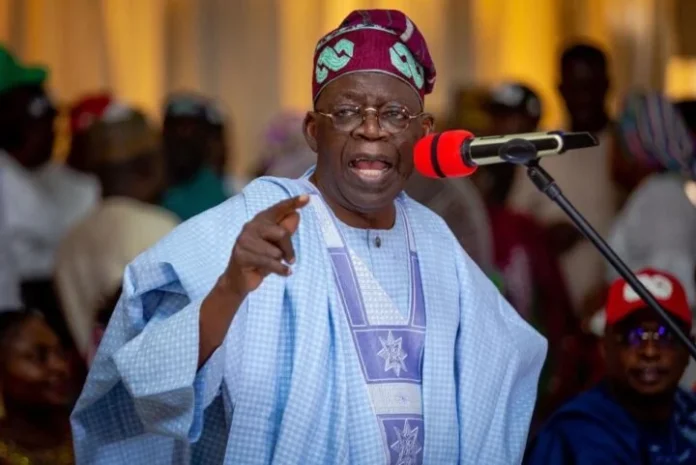Umar Sani, former spokesperson for ex-Vice President Namadi Sambo, has accused President Bola Tinubu of orchestrating a plan to capture the Nigerian state and steer the country toward a one-party system.
According to a report, Sani criticized Tinubu’s policies, claiming they have been geared toward impoverishing Nigerians from the very day he assumed office, showing little regard for the people’s welfare.
In a statement released on Sunday, the Peoples Democratic Party (PDP) chieftain condemned several moves by the Tinubu administration, including the removal of fuel subsidies, the floating of the naira, an increase in electricity tariffs, and the categorization of citizens into tariff bands.
Sani stated, “On his first day in office, President Bola Ahmed Tinubu demonstrated a disturbing lack of empathy for Nigerians. He admitted that two major policy declarations—fuel subsidy removal and currency floating—were made spontaneously from the podium after his swearing-in, boasting that it took immense courage to announce such drastic measures”.
He argued that these policies inflicted immediate economic hardship, triggering a surge in the prices of goods and services and resulting in widespread hyperinflation. Furthermore, the restructuring of electricity tariffs into Bands A, B, and C, coupled with the removal of agricultural and credit subsidies, deepened poverty levels and fueled public discontent.
Sani also referenced the controversial tax reform bill, noting that despite resistance from citizens, state governors, traditional leaders, and some lawmakers, the president withdrew it.
The former PDP campaign spokesman further alleged that Tinubu is attempting to capture the judiciary by appointing loyalists to key judicial positions. He claimed that Tinubu facilitated the appointment of a Chief Justice with whom he had prior ties during his tenure as Lagos State Governor, and rewarded judicial officers with exorbitant salaries and benefits, presumably to secure favorable rulings during election litigations.
He also accused the Tinubu administration of deliberately destabilizing opposition parties, silencing dissent, and coercing political figures into defecting to the ruling party, thereby shrinking the democratic space.
Despite these efforts, Sani expressed confidence that Nigerians would resist the push toward authoritarianism.
He warned, “While attempts are being made to weaken the opposition and dominate the political arena, history shows that when democracy is undermined, citizens often rise to the occasion. If the current trend persists, the 2027 elections could see a significant political shift, as voters might rally behind emerging opposition forces to challenge the ruling establishment.”

